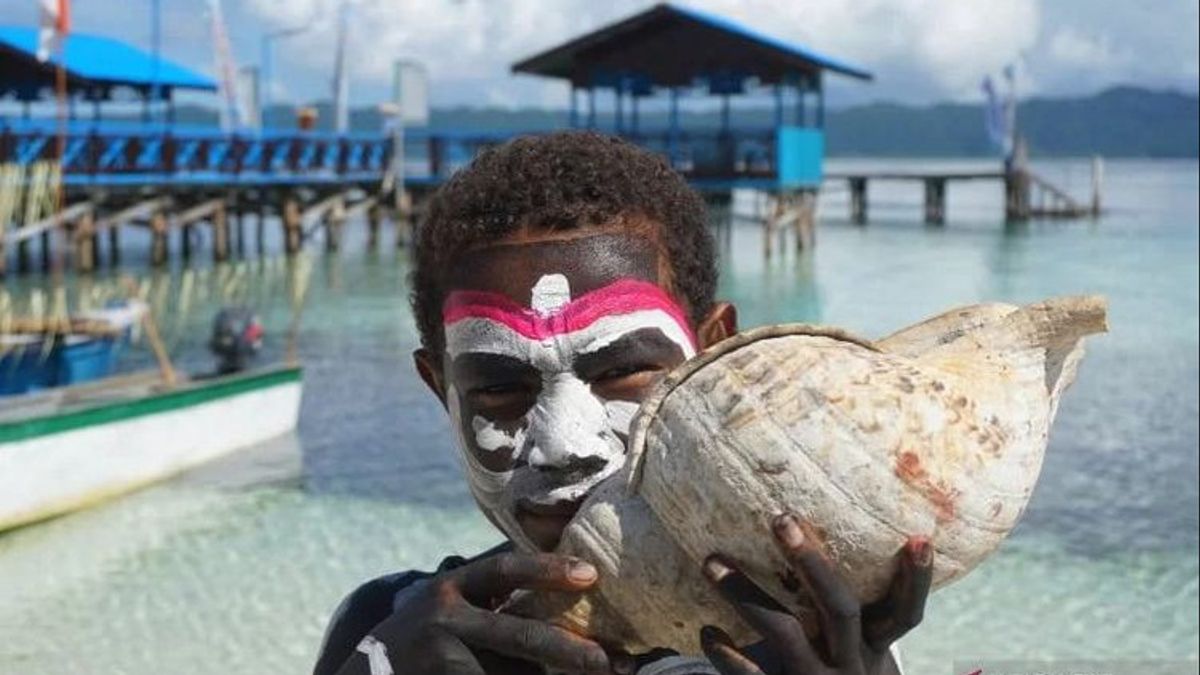JAKARTA - The government is again looking at the optimization of blue economic activities in supporting national development.
Recently, Coordinating Minister for the Economy Airlangga Hartarto stated that this strategy has dual benefits, namely new funding sources as well as efforts to preserve the sea in Indonesia.
According to him, the preservation of marine ecosystems can reduce the impact of climate change. The reason is, the blue economy is a policy of utilizing marine resources that are environmentally friendly to support economic growth, welfare, and livelihood as well as ecosystem conservation.
The annual economic value of the marine ecosystem is 2.5 trillion US dollars. This makes the blue economy progressively able to attract investors, insurance companies, banks, and policymakers as new sources of funding," he said in an official statement quoted on Tuesday, September 6.
Airlangga added that the government is trying to develop sustainable marine practices involving local communities through increasing Blue Carbon and implementing Blue Halo-S.
He also said that Indonesia holds 17 percent of the world's Blue Carbon reserves which are quite significant in helping to reduce the impact of climate change.
In addition, the Blue Halo-S concept is also implemented to provide concessions to companies or business groups to commercially catch fish in the waters around the conservation area.
However, Airlangga admits that there are still various challenges that must be faced to be able to maintain the sustainability of the sea so that adequate participation is needed from the private sector and financing schemes such as blended financing.
"Currently there are challenges related to how to expand sea sustainability to be wider. This will require the participation of the private sector and here blended financing can be the key to achieving goals through innovative approaches such as the Blue Halo-S concept," he said.
Furthermore, Airlangga conveyed that the government is committed to carrying out an energy transition mechanism. This is a form of strategy in encouraging the improvement of energy infrastructure in Indonesia and accelerating the transition to net zero emissions in a fair and affordable manner.
Meanwhile, the implementation of the energy transition needs to be supported by the availability of adequate financing.
He said, through these considerations of need, the government has implemented partnerships with various parties, both local and global, to pioneer designs, implementation, and principles of innovative and integrated financial solutions.
Partnerships are made to open investment towards Tri Hita Karana which is in line with the United Nations Sustainable Development Goals. We must prioritize the energy transition which ensures that both benefits and costs are fairly distributed," said Coordinating Minister Airlangga.
The English, Chinese, Japanese, Arabic, and French versions are automatically generated by the AI. So there may still be inaccuracies in translating, please always see Indonesian as our main language. (system supported by DigitalSiber.id)












